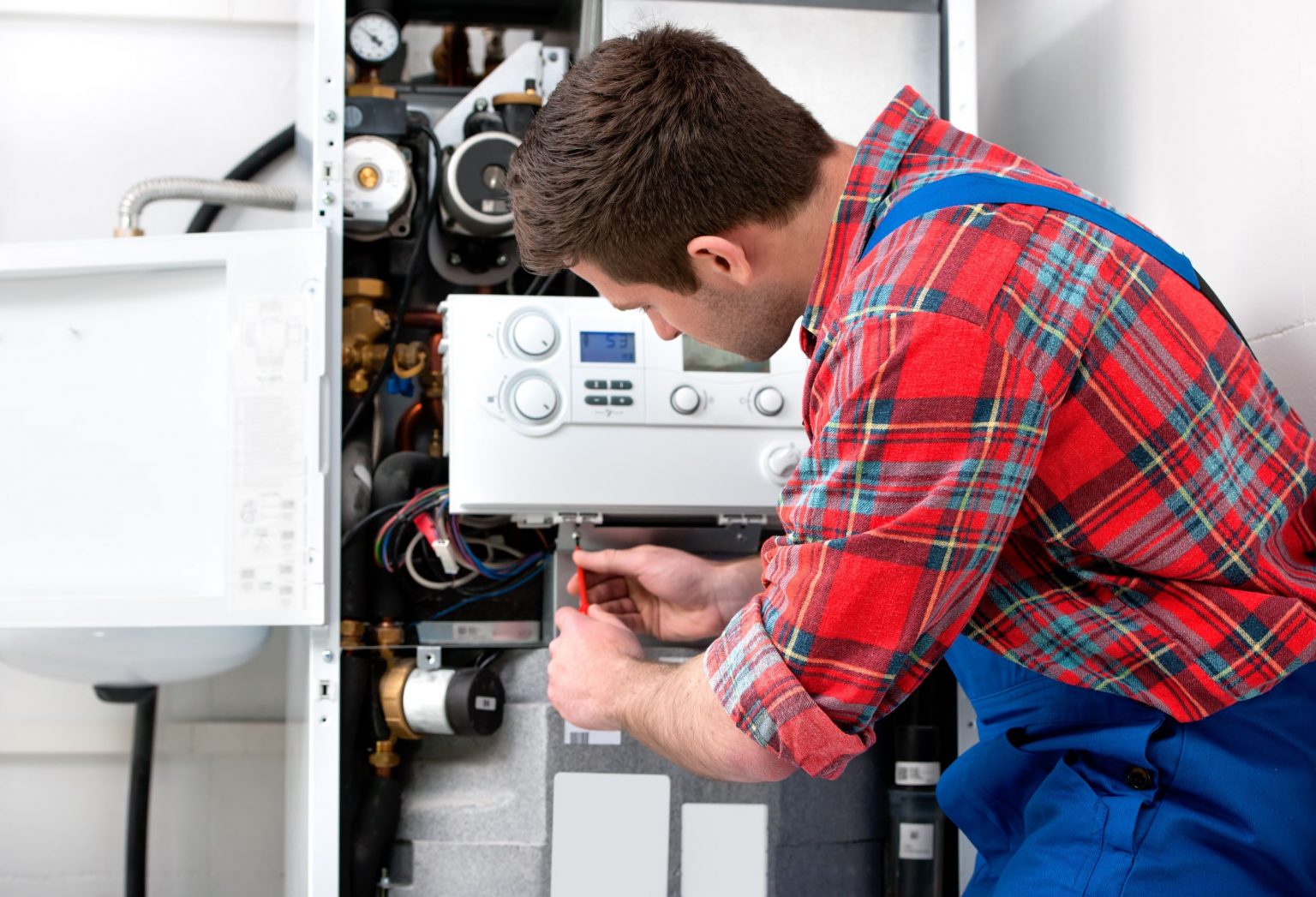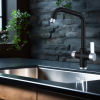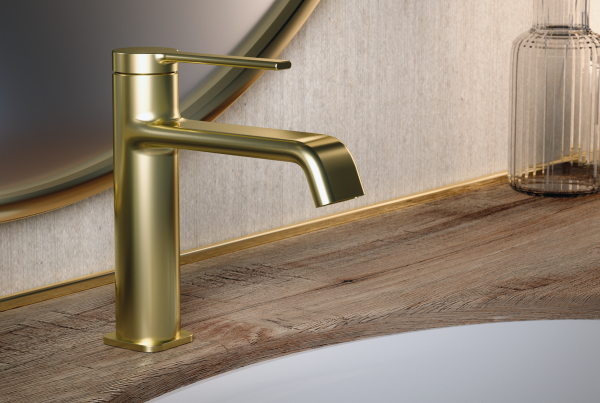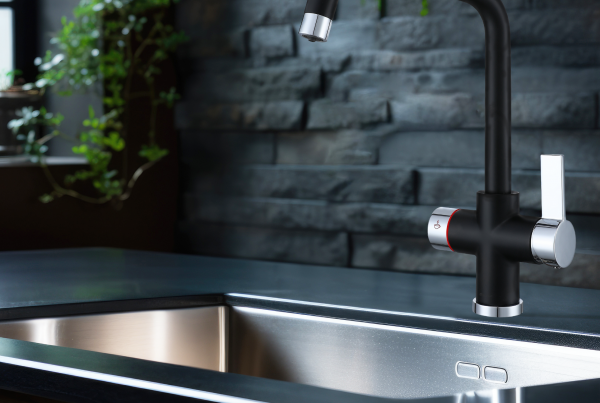There is no denying that the last two years have been challenging for the heating and plumbing industry. As we look forward to a brighter year, we examine what the sector can expect over the next 12 months and beyond.
A boost in commercial construction
According to the Purchasing Managers’ Index (PMI), growth in the construction sector has risen to its highest level in six months. The commercial sector is currently the best-performing category, ahead of housebuilding and civil engineering[1]. Nevertheless, the housebuilding sector is expected to remain buoyant in 2022, with ambitious government targets to build 300,000 homes a year.
A relaxation of the pandemic restrictions played some part in the activity increase, alongside improved optimism that the sector is returning to normal. In 2022, we expect to see more spending on commercial and residential projects, although there are still challenges ahead.
Supply chain issues will continue
Supply chain issues and high material costs will continue to impact the heating and plumbing sector in 2022. Although there are some signs that delays for materials are easing, rising energy prices are likely to impact the sales and costs of some products over the next few months. According to the British Merchants Federation (BMF), rising energy prices create a “high degree of uncertainty” for the year ahead.
Interest in green technology will increase
Changing attitudes will increase the focus on green technologies in our post-pandemic era. Indeed, with more and more people becoming environmentally conscious in the face of a looming climate disaster, consumer pressure will spearhead the pace of change. Furthermore, with emerging technologies now in place to respond to such demand, the industry will adopt (or at least start to consider) more sustainable solutions.
One key trend to watch out for in 2022 is an increase in environmentally friendly heating systems.
Low-carbon heat pumps will become an increasingly popular choice. Indeed, British Gas recently announced that it hopes to install 20,000 low-carbon heating systems per year by 2025. However, the scrapping of the UK’s Green Homes Grant scheme – which offered homeowners £5,000 rebates to cover some of the cost of energy-efficiency upgrades – means that this does come at a cost. Heat pumps often require copper pipes. So, as they become more popular, it is also likely that less sustainable plastic pipes will be phased out.
Skills shortages will need to be addressed
At the start of the pandemic, many left the sector, never to return. But there has been concern about the skills shortage in the plumbing and heating industry for several years. Research shows that people entering the sector have decreased by 4.19% over the last 16 years[2], and this decline must be addressed.
One reason for the skills shortage is a lack of interest in the sector from the younger generation. So a push is needed to encourage more young men and women into trades. Concerns from customers about allowing more than one tradesperson into their home during the pandemic has also thwarted the ability of apprentices to learn on the job.
An effective recruitment programme is needed to ensure the UK has the skills necessary to meet the burden of work it is facing. At the same time, the growth in solutions such as heat pumps and smart appliances will also require additional training for those already working in the sector.
In 2022, training must be put front and centre as the industry moves into a new normal.
Anti-virus technologies will be in demand
The Covid-19 restrictions might be rolled back, but the pandemic will leave a lasting impact on the heating and plumbing industry. In 2022, intelligent technology, HEPA filtration systems, touchless plumbing fixtures, and other products that might protect against viruses will become increasingly sought after to create more safe and healthy homes and offices.
High energy costs will require smarter solutions
Rising energy prices will squeeze household budgets and pose a threat to businesses. According to the UK government, “cutting-edge smart technologies will ensure the lights stay on and energy bills are cut”.
The sector will adopt renewables and innovative technologies in 2022 to combat alarming energy bills. Smart meters, IR radiators, solar heating systems and heat pumps are likely to lead the way. In addition, more traditional plumbing products that offer energy-efficient savings will also be in demand (e.g. TRVs that allow homeowners to control the heating in individual rooms more efficiently).
It’s not all about savings
Combined with the Part L uplift, which is due to kick in later this year, 2022 signals the beginning of the end for traditional energy systems and the start of a transition to more efficient heating solutions. But it’s not all about savings.
Last year was a bumper year for home improvements, with lockdown making our homes more important than ever before. According to RISA (an inspection body specialising in the UK fenestration and construction industries), UK homeowners are set to spend £40.2bn on improving their properties in 2022.
In addition, 34% of homeowners want to renovate their kitchen, with 31% looking to upgrade their bathrooms. As such, distinctive coloured taps, smart showers ,and eco-friendly fixtures and fittings will be in demand in 2022 as people invest in their own homes.
[1] IHS Markit/CIPS UK Construction PMI Total Activity Index
[2] Skills Training Group









